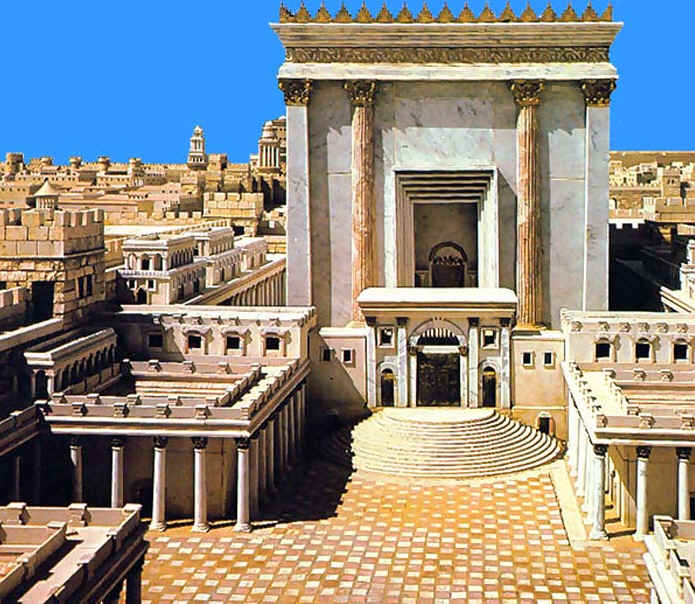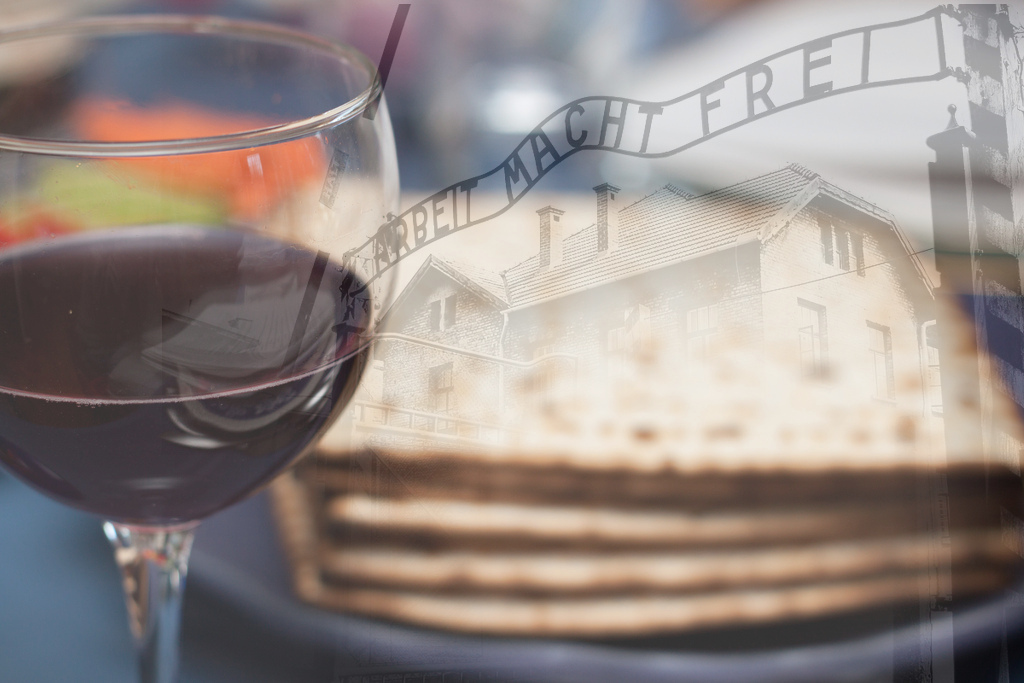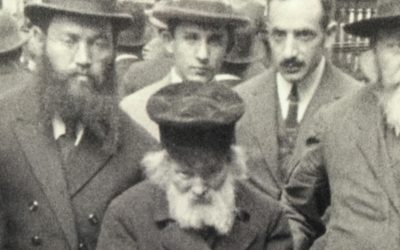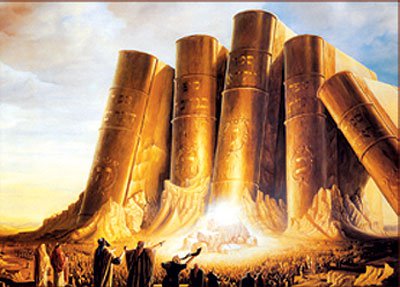Striving for More
In this week's reading, we learn about the inaugural offerings brought by the heads of each Tribe of Israel to the Tabernacle. First the Torah spells out for us, in detail, the contents of the first offering, brought by. Nachshon ben Aminodov of the tribe of Yehudah....
Everyone Counts
Our reading this week discusses at length the camp of the Children of Israel “in the desert”—Bamidbar. The head of each tribe is identified, followed by a census of that tribe. This is followed in turn by a description of where each tribe, and group of tribes, camped...
After the Curses
We hardly need reminders that this has been a painful year, making the curses found in our reading this week perhaps even more difficult to read than usual. Several lines within it might even be regarded as triggering, in modern lexicon, to those who experienced the...
The Promise of the Land
The laws of Shmittah, the Sabbatical Year, are so unique, and so contrary to nature, that they are used to demonstrate that G-d has true power over His world, and gave us the Torah. Today, observance of the Sabbatical every seven years is a Rabbinic obligation (in the...
Guidance for Life
At the beginning of our reading, Kedoshim, Moshe is commanded to "speak to the entire congregation of the Children of Israel" [19:2]. Rashi explains that everyone was summoned to Moshe, to be taught these Commandments together. Why? Because, Rashi says, the majority...
The Seder of an Eternal People
Everyone knows that this has been a difficult year. But it is specifically after a year like this one that we see that the Haggadah, a text thousands of years old, remains as relevant and empowering as ever. During the Seder, we not only talk about Pharoah and the...
The Unique Harm of Gossip
Being human, we've all made mistakes. We've all made bad decisions, even doing things we knew we really shouldn't. Sometimes, of course, such wrongdoing becomes public knowledge, and the embarrassment is extreme. [We even know of cases where people took their own...
We Will Outlive Them, Too
In this week's Parsha, we learn the tragic story of Nadav and Avihu, the two sons of Aharon who died after offering a "strange fire" to Hashem. Moshe gives Aharon and his remaining sons special instructions: "do not grow your hair and do not tear your garments, that...
The Battle Continues
The Sabbath prior to the holiday of Purim is called Parshas Zachor, the portion of remembrance. There is a Biblical command to remember what Amalek did, and to blot out the remembrance of Amalek. There is even a prohibition against forgetting. The Torah portion that...
Just Passing Through
This week's reading, Pikudei, closes out the second book of the Torah. As Rashi says, it provides an accounting of the donations or the Tabernacle, of silver and gold and copper, and accounts for all of the holy vessels used in the Divine Service. Then the Torah tells...
Crushed for Brilliance
"And you shall command the Children of Israel, and they shall take to you pure olive oil, crushed for lighting, to elevate a light at all times" [Exodus 27:20]. The Torah requires that only the purest form of olive oil be used for lighting the Menorah in the Holy...
What Sets Jews Apart
This week we read of the Revelation of the Divine Presence on Mt. Sinai, and the Ten Commandments (which actually contain fourteen of the 613 Commandments, and are more precisely translated as "the Ten Statements"). The Medrash says that Sinai is related to the...















